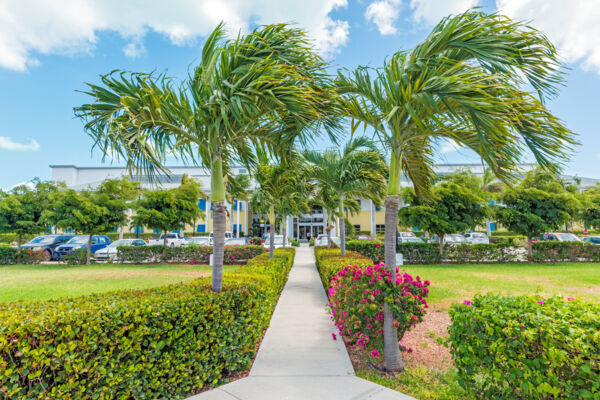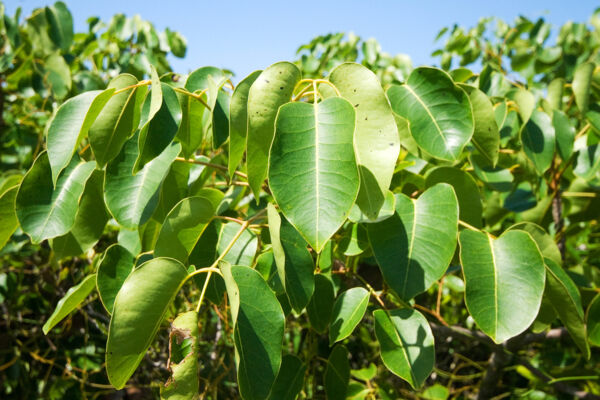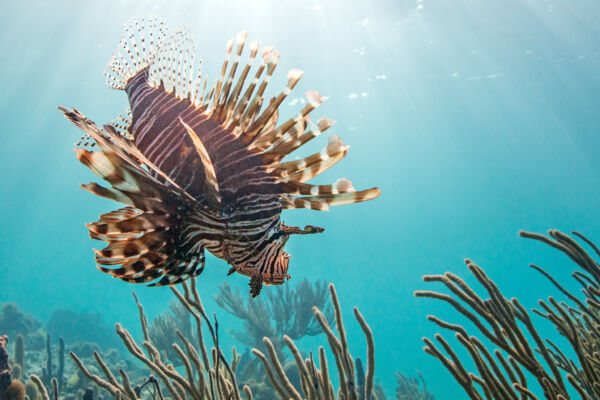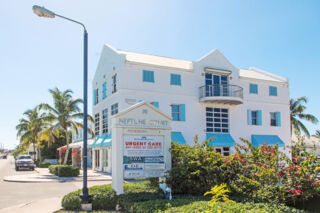Turks and Caicos Health, Doctors & Medical Information

The Turks and Caicos Islands is generally quite a safe destination for travel, and does not have many unique health concerns. We do not have any unusual endemic diseases or health risks, and our environment is generally free of industrial pollution, with high qualities of air and water. Most visitors to the islands do not experience any health issues beyond sunburn. We also do not have the drinking water concerns that other regional and tropical destinations may have.
No vaccinations are required for entry, and no other vaccinations are recommended for travel to the Turks and Caicos by major national or international health organizations.
Medical Facilities
Providenciales has a hospital and several private health practices and dental clinics.
Local medical facilities are able to handle most situations that arise. Medical emergencies that cannot be handled in the Turks and Caicos are stabilized and flown by air ambulance to Miami, Nassau, or other regional cities.
Dialysis
Both Cheshire Hall Medical Centre on Providenciales and Cockburn Town Medical Centre on Grand Turk operate dialysis centers. Unfortunately, they do not provide dialysis to tourists and non-residents of the Turks and Caicos Islands.
Prescription Drugs and Medication
Providenciales has several dispensing pharmacies if you should require any prescription medication while on your vacation. Local pharmacies are well-stocked, yet it’s advisable to bring extra medication with you on your trip, as local pharmacies may not always have all pharmaceuticals in stock.
Common Health Issues

Sunburn
Sunburn is a common problem here on Providenciales. Temperatures during the day can pass 100 Fahrenheit or 37 Celsius, and the sun is very intense. It’s advisable to use plenty of sunscreen, and to wear a hat and long sleeves to prevent sunburn. It’s not unusual for visitors to fall asleep on the beach, only to awake and find themselves completely sunburned.
Please use reef-safe sunscreen!
Dehydration
Dehydration is another common problem. The heat causes you to lose vast amounts of water through perspiration, and it will be necessary to drink extra fluids to compensate for this loss. It may be necessary to replace lost sodium as well.
Mosquitoes
During the rainy season (April-July), mosquitoes can be a severe nuisance, especially on the islands of North Caicos, Middle Caicos, and Parrot Cay. Fortunately, we do not have any endemic mosquito-borne diseases. Insect repellent use may be advisable at times, as well as wearing long-sleeve shirts and trousers.
Zika Virus
The Zika virus was confirmed in the Turks and Caicos on 22 July 2016, with five initial cases.
Zika is primarily transmitted by the Aedes aegypti mosquito, which can certainly be found in the Turks and Caicos at times. However, it’s important to understand that the mosquito spreads the virus from an infected host. To transmit Zika, a mosquito has to have previously bitten an infected person.
Poisonous and Toxic Plants

One local plant and tree, Coral Sumac, known locally as poisonwood, is found on all islands in the Turks and Caicos. This plant, if touched, can produce a rash (ranging from medium to extremely harsh). In extreme situations, it can cause the skin to break which results in scarring. It’s easily identified by darker green waxy leaves, and has small, round yellow fruits (which are also extremely poisonous). It’s typically not found at any of the Turks and Caicos resorts or in the Grace Bay tourist area. Some vacation rentals, especially in the Chalk Sound area, will have this plant on the property (not as landscaping, but in the wild). You should also be careful if you travel to some of the more remote areas.
Manchineel is another tree to be aware of and to avoid. It has the same general appearance and is found in the same environments as Coral Sumac, yet is less common. The manchineel does produce small sweet fruits, which are highly toxic.
The Rosary Pea is a small bush that produces small red berries. This plant is rare, although it can be found on North and Middle Caicos. This plant is extremely dangerous and consumption of the berries can be fatal.
Venomous Fish and Sea Creatures
Lionfish
Lionfish are an invasive species that can be seen in the Smith’s Reef, The Bight Reef (Coral Gardens) and other areas with coral. This fish has spines that can paralyze you if touched.
Stinging Corals
There are several types of fire and stinging corals in the Turks and Caicos. Don’t stand on or touch the reef!
Jellyfish
A few different types of jellyfish can be found in the Turks and Caicos.
The upside-down jellyfish is the only variety of jellyfish that can be regularly found. This unique creature lives in the sheltered wetlands and shallow around our archipelago, and usually won’t be encountered at beaches or in the open ocean. This jellyfish has a rather anemic sting, typically only causing itchy welts on sensitive skin.
Small green or brown thimble jellyfish are the most obnoxious type to encounter, and swarms sometimes make their appearance in the spring months. Similar to the upside-down jellyfish, these critters cause itchy or discomforting skin conditions rather than actual stings. If you do notice these 1-inch wide (2.5 cm) jellyfish, we advise avoiding the area they are even if there are only a few, as the minuscule larvae can also cause an unpleasant skin effect.
Larger and open ocean jellyfish are occasionally sighted around the Turks and Caicos, yet are very uncommon at beaches or places where people may be swimming.
Hospitals and Clinics
All of the main islands except Salt Cay have medical personnel. Providenciales and Grand Turk also each have a large hospital.




Pharmacies


